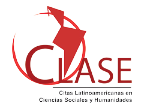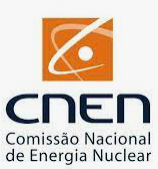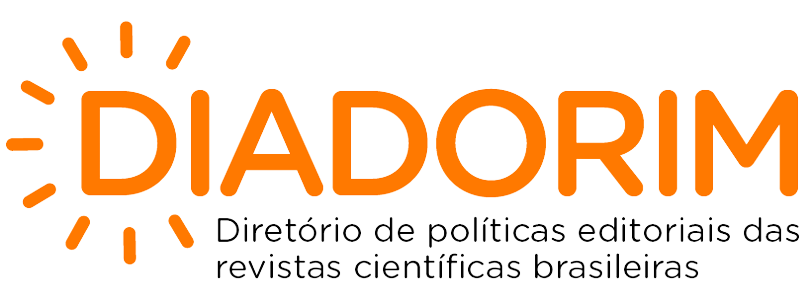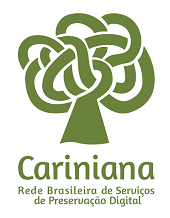Undergraduate course in history in the far north Brazil: challenges and possibilities
DOI:
https://doi.org/10.5433/2238-3018.2016v22n2p281Keywords:
Teaching practice, Higher education, Graduate in HistoryAbstract
This article intend to deal with the early experiences of the expansion process of the Universidade Federal do Amapá (UNIFAP) in the municipality of Oiapoque, extreme north of the country, with regard to the implementation of the undergraduate course in History. Because it is an undergraduate course focus on training teachers, our thoughts will be guided by the following questions: what mean being a professor of history at the north of the country? Which history teaching practices in higher education can promote an educational activity for the human being who is in a condition of poverty and marginalization? In order to support the given reflections, the text was constructed in order to present the historical trajectory of the city of Oiapoque / AP; highlight the current challenges for the qualitative development of the place; and indicate, from the social reality of the city, what kind of history teaching we pursue.
Downloads
References
BRASIL. Secretaria de Educação Fundamental. Parâmetros Curriculares Nacionais: História. Brasília: MEC/SEF, 1998.
BRASIL. MEC. CNE. Diretrizes Curriculares Nacionais Gerais para a Educação Básica – Parecer 7/2010: Diário Oficial da União, 9 jul. 2010, seção 1.
CANEN, A. Educação multicultural, identidade nacional e pluralidade cultural: tensões e implicações curriculares. Cadernos de Pesquisa. n. 111, 2000.
GRANGER, S. O Contestado Franco-Brasileiro: desafios e consequências de um conflito esquecido entre a França e o Brasil na Amazônia, Revista Cantareira. Ed. 17/Jul-Dez, 2012.
LAVILLE, C. A guerra das narrativas: debates e ilusões em torno do ensino de História, Revista Brasileira de História. SP, v.19, n. 38, p. 125-138, 1999.
NASCIMENTO, O. A.; TOSTES, J. A. Oiapoque – “Aqui começa o Brasil”: as perspectivas de desenvolvimento a partir da BR-1 e da Ponte Binacional entre o Amapá e a Guiana Francesa. In: Anais IV Encontro da Associação Nacional de Pesquisa e Pós-Graduação em Ambiente e Sociedade, Brasília-DF, 2008.
SENA P. G. dos S., Territorialidades e espaços públicos em pequenas cidades da Amazônia: o caso de Oiapoque-Amapá. Monografia de Conclusão de Curso, Universidade Federal do Amapá, 2009.
SILVA, G. de V. Desenvolvimento econômico em cidades da fronteira amazônica: ações, escalas e recursos para Oiapoque-AP. Confins, 17, 2013, disponível em: http://confins.revues.org/8250 ; DOI : 10.4000/confins.8250
VIDAL, L. B. Povos indígenas do baixo Oiapoque: o encontro das águas, o encruzo dos saberes e a arte de viver. Museu do Índio. IEPÉ: 2007.
PENNAFORT, H. Estórias do Amapá. Macapá: Imprensa Oficial, 1984.
RÜSEN, J. Didática – funções do saber histórico. In: História Viva: teoria da História, formas e funções do conhecimento histórico. Trad. Estevan de Rezende Martins.Brasília: Editora universidade de Brasília, 2007.
Downloads
Published
How to Cite
Issue
Section
License
História & Ensino adota a licença CC-BY esta licença permite que os reutilizadores distribuam, remixem, adaptem e criem a partir do material em qualquer meio ou formato, desde que a atribuição seja dada ao criador. A licença permite o uso comercial.














